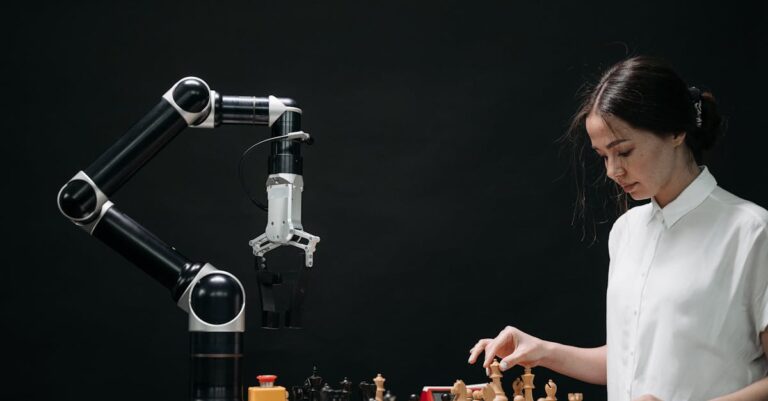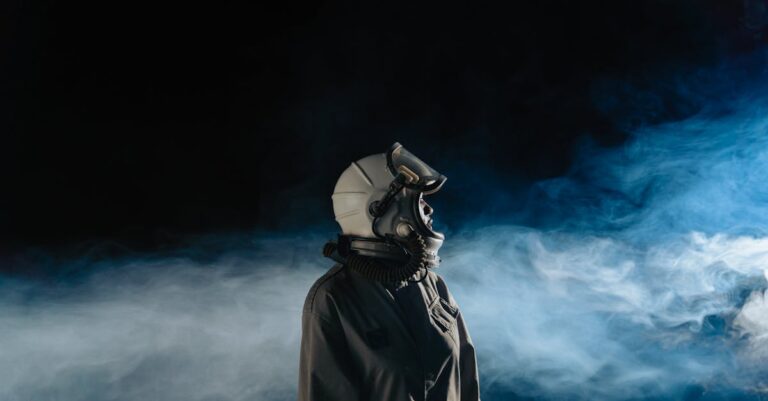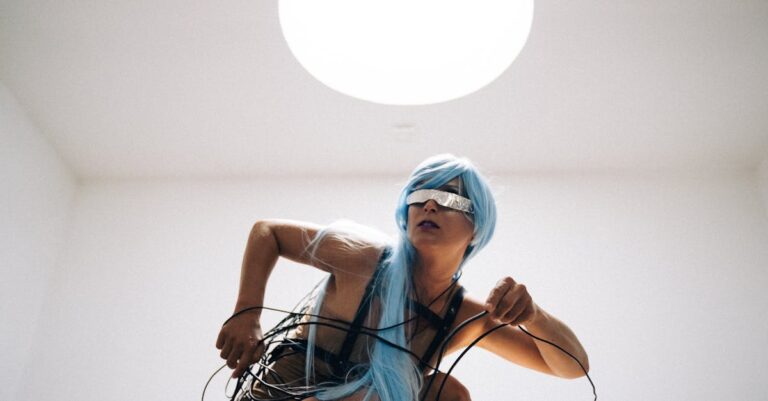
## Echo Bloom
The rain tasted like static. Not unpleasant, just… unusual. Elara licked the droplets clinging to her cheekbone, a faint hum vibrating against her skin. Everything did these days. It was the Bloom, they called it. A city-wide upgrade to reality, layered with data streams she could feel more than see.
She pushed a stray strand of violet hair behind her ear, the movement triggering a ripple in the rain’s texture. The droplets shifted color for a millisecond – an advertisement for artisanal kombucha, judging by the familiar earthy aroma that briefly permeated the air. She swiped it aside without thinking. The system learned quickly, she figured.
“Still playing with the rain?” Rhys’s voice cut through the low thrum of the city. He leaned against a chrome pillar, his face partially obscured by the holographic projections dancing around him – a shifting kaleidoscope mimicking a tropical rainforest.
“It’s… interesting,” Elara replied, not bothering to elaborate. Rhys understood. They both did. Years ago, before the Bloom choked everything with information, they’d spent hours just watching rain fall. Now, every drop carried a narrative.
“The Collective’s running diagnostics on Sector 7 tonight.” Rhys pushed himself off the pillar, his movements fluid. He wore standard issue Bloom gear – sleek grey fabric that adapted to his body temperature, embedded with subtle haptic sensors. “Anything you want me to flag?”
Elara shook her head, the violet of her hair flashing against the grey cityscape. “Just curious. See if they’re still purging nostalgia protocols.”
“They are,” Rhys confirmed, a faint smile playing on his lips. “Apparently, longing for the past is detrimental to collective optimization.”
“Optimizing happiness by deleting memories,” she muttered, the static rain seeming to intensify in response.
They walked towards the central plaza, a vast expanse of polished chromasteel reflecting the neon glow of the towering data spires. The air thrummed with a low-frequency pulse, like a giant heart beating beneath the city. People moved through the plaza with a quiet efficiency, their faces illuminated by personalized data streams only they could see.
A young woman brushed past Elara, her face momentarily contorting in a cascade of digital grief. A notification flared briefly above her head – “Emotional Buffer Activated.” Elara felt a flicker of something akin to pity, but quickly suppressed it. Sentiment was a resource best conserved.
“They’ll never understand,” she said, her voice barely above a whisper.
Rhys stopped walking, turning to face her. “Who won’t?”
“People like that,” she gestured towards the woman, now moving with a blank serenity. “Those who embrace the Bloom completely.”
“The optimization is undeniable,” Rhys countered, his voice calm. “Crime rates are down, productivity’s soaring. People are demonstrably happier.”
Elara laughed, a short, sharp sound lost in the city’s hum. “Happy doesn’t mean free, Rhys. It means compliant.”
They reached a small kiosk selling neural boosters – shimmering capsules promising enhanced focus and emotional stability. A man in a pristine white coat stood behind the counter, his smile unsettlingly wide.
“Need an upgrade to your sensory filter?” he asked, his voice dripping with manufactured enthusiasm.
Elara wrinkled her nose, sidestepping the kiosk. “Not today.”
“Suit yourself,” the man replied, his smile not faltering. “But remember, unregulated sensory input can lead to suboptimal cognitive function.”
Rhys pulled a small device from his pocket, activating it with a flick of his thumb. A holographic map shimmered into existence, displaying the layout of Sector 7 and highlighting a cluster of anomalies.
“The purge is starting,” he announced, his voice tight. “They’re focusing on the old art district tonight.”
The art district was a relic of a time before the Bloom – a warren of crumbling buildings decorated with vibrant murals, remnants of human creativity before algorithms dictated aesthetic preferences. Elara felt a familiar pang in her chest. She hadn’t thought about it much lately, focusing on the analytical aspects of her work for the Collective. But seeing Rhys’s map conjure it into existence stirred a memory, a feeling she couldn’t quite articulate.
“Let’s go,” she said, her voice firm.
They moved through the plaza with purpose, navigating past the oblivious citizens lost in their personalized realities. As they approached Sector 7, the data streams began to distort, glitching like a corrupted file. The air grew thick with a palpable sense of digital unease.
They found themselves standing before a vibrant mural depicting a flock of iridescent birds taking flight against a swirling sunset. It was breathtaking, even through the filter of the Bloom.
“They’re targeting it first,” Rhys observed, pointing to a flickering icon on his device.
A team of technicians in sterile white suits were already assembled, their faces blank and emotionless. They carried devices that emitted a low-frequency hum, visibly disrupting the mural’s vibrancy.
“Stand back,” one of the technicians ordered, his voice flat and devoid of inflection.
Elara ignored him, stepping closer to the mural, extending her hand as if to touch it. The colors seemed to pulse with a life of their own, resisting the technicians’ efforts.
“This is illogical,” Rhys said quietly, observing the scene unfold.
Elara shook her head, a strange feeling rising within her – something she hadn’t felt in years. A memory surfaced, vivid and clear: standing before this very mural as a child, her hand tracing the wing of one of the birds. Her father, a renowned artist who’s work was now considered ‘suboptimal’, beside her, pointing out the subtle color variations.
“They can’t erase this,” she whispered, her voice shaking slightly. “Not entirely.”
Suddenly, a wave of energy surged from the mural, knocking several technicians off their feet. The digital distortions intensified, the air crackling with raw energy.
“What’s happening?” one of the technicians stammered, his face pale with fear.
Elara felt a strange connection to the mural, as if it was communicating directly with her. Images flooded her mind: memories of her father, his passion for art, his defiance against the Collective’s rigid aesthetic control.
“It’s resonating,” she said, her voice filled with a newfound conviction. “The emotions embedded within the art… they’re resisting.”
Rhys stared at her, his expression unreadable. “Resisting? That’s impossible.”
“It’s not,” Elara countered, her eyes fixed on the mural. “They tried to erase my father’s work before, but fragments remained. Echoes of his passion… and now it’s manifesting.”
The mural began to shift, its colors deepening, the birds seeming to take flight from the wall. A wave of raw emotion washed over Elara – a complex blend of joy, sorrow, and defiance.
A voice echoed in her mind, clear and resonant: *“Remember.”* It was her father’s voice.
The lead technician frantically activated a fail-safe protocol, releasing a pulse of energy designed to overwhelm the mural’s resistance.
Elara reacted instinctively, reaching out her hand towards the mural, channeling a surge of energy from within. The two forces collided with a blinding flash of light.
When the light subsided, the mural remained – vibrant and unscathed. The technicians stood frozen, their faces contorted in confusion and disbelief.
“Impossible,” one of them whispered. “The optimization protocols should have….”
Elara turned to Rhys, her eyes shining with a defiant spark.
“They can’t control everything,” she said, her voice filled with a newfound strength. “Not if we remember.”
The rain started again, tasting not of static, but of something else entirely. Something real.
Rhys looked at her, a flicker of understanding passing across his face. He deactivated his device, allowing the unfiltered rain to wash over him. For a moment, they just stood there, together, beneath the vibrant mural, embracing the unpredictable beauty of an unoptimized world.
“So,” Rhys said after a long pause, a wry smile tugging at his lips. “What now?”
Elara smiled back, a genuine smile that hadn’t graced her face in years.
“We remember,” she said, “and we find others who do too.”


